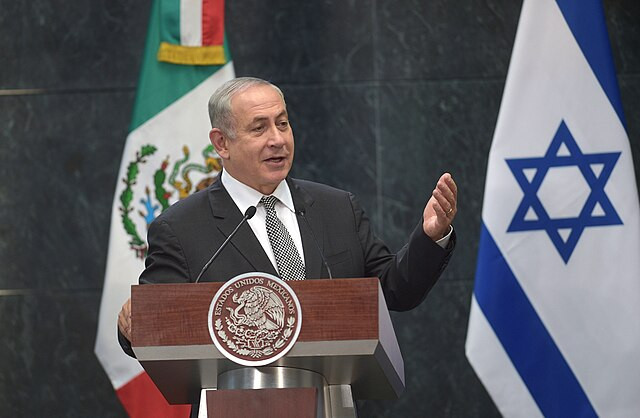Israel launched airstrikes on Houthi-controlled areas in Yemen early Thursday, targeting ports and energy infrastructure in retaliation for a ballistic missile attack on Israeli territory. The strikes, which Israeli officials described as precise and coordinated, mark the third such operation against the Iran-backed group in recent months.
The airstrikes hit key infrastructure near Sana'a, Yemen's capital, as well as Hodeidah port and nearby facilities. Nasruddin Amer, a Houthi media official, reported nine fatalities and three injuries, stating that power stations and oil facilities were among the targets. The Israel Defense Forces (IDF) confirmed the strikes, with Rear Adm. Daniel Hagari saying the Houthis had been using the sites for military activities, including launching missiles and drones at Israel and disrupting commercial shipping in the Red Sea.
Prime Minister Benjamin Netanyahu underscored the global implications of Israel's actions. "When Israel acts against the Houthis, it acts for the entire international community," Netanyahu said in a video statement. He accused the Houthis of threatening international trade routes and said Israel's actions were necessary to counter broader regional instability. Defense Minister Israel Katz echoed this stance, stating, "Whoever harms us will be harmed many times over."
The strikes were a response to a missile fired at Israel earlier in the day. The projectile, partially intercepted by Israel's Arrow defense system, crashed into an empty school in Ramat Gan, causing significant structural damage but no injuries. This attack follows months of escalating hostility, with the Houthis reportedly launching over 200 missiles and 170 drones at Israel in the past year, according to the IDF.
The Houthis claimed responsibility for Thursday's missile attack, describing it as part of their opposition to Israel's military operations in Gaza. The group has declared its intent to continue such actions until a ceasefire is reached in the conflict. Houthi attacks have also targeted Red Sea shipping, causing global trade disruptions and prompting military responses from both Israel and the United States.
Thursday's operation aimed to incapacitate the Houthis' operational capabilities. Israeli sources said the strikes paralyzed all activity at the three ports controlled by the group, including damaging tugboats essential for port operations. This follows previous Israeli strikes on Hodeidah port that targeted cranes used for unloading shipments.
The broader context of these tensions lies in the regional dynamics following Hamas's October 7 attack on Israel, which killed more than 1,400 people. The Houthis, along with other Iran-aligned groups like Hezbollah, have increased their military activities in solidarity with Hamas. For months, Israel advocated for international involvement in addressing the Houthi threat, labeling it a global issue due to its impact on international shipping and security.




